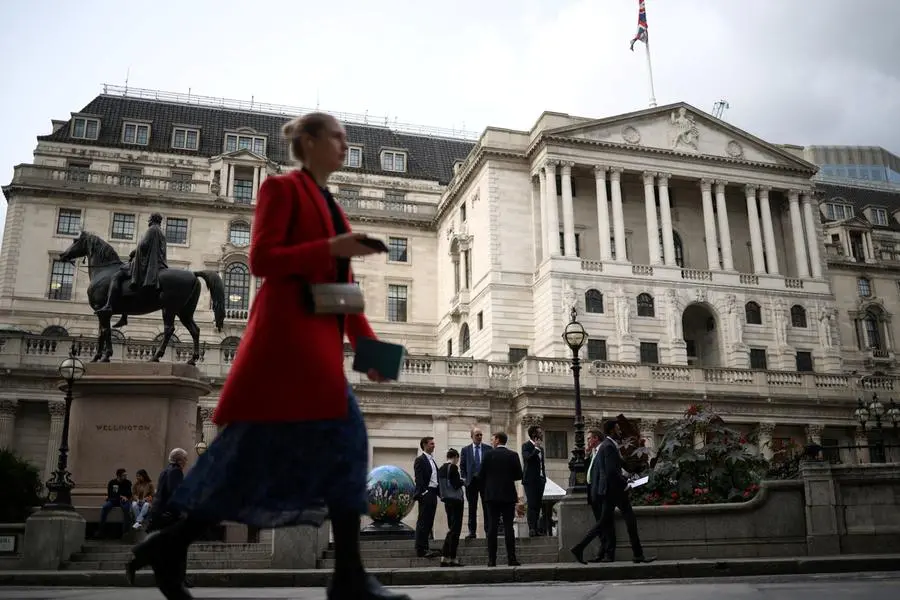PHOTO
LONDON - Banks are overly reluctant to tap their cash buffers in volatile markets, fearing adverse reaction from regulators and markets, and changes to the rules may be needed, the Bank of England said on Monday.
Regulators have long worried about banks not tapping their mandatory safety buffers in market crises to avoid choking the flow of credit, such as when economies went into lockdowns in March 2020 to fight COVID-19.
Volatility in banking shares after the collapse of Silicon Valley Bank and UBS' takeover of ailing Credit Suisse last month threw a spotlight on liquidity buffers.
"It is important that banks feel able to draw on their liquidity, as appropriate, to reduce the risk of destabilising actions that could cause unnecessary adverse impacts on the wider economy and financial system," the Bank of England said on Monday as it published industry responses to a discussion paper on liquidity rules.
The BoE said it has been concerned that banks may be overly reluctant to draw on their so-called Liquidity Coverage Ratio (LCR), a buffer of cash and high quality bonds to withstand a month of outflows.
Lenders told the BoE they are concerned about regulatory reactions to initial falls in their LCRs.
"In addition, most respondents noted that banks allowing LCRs to fall would be perceived by the market as a signal that a bank is experiencing a liquidity stress."
The BoE should spell out during market stress the extent to which LCRs can fall, and how much time banks have to rebuild them, respondents said.
The LCR could be calibrated differently during market stress, such as by expanding the range of assets, the respondents said.
Sam Woods, head of the BoE's banking supervision arm, told parliament last week that LCR calibration might now be an international policy question for regulators.
The rules were written by the global Basel Committee of banking regulators, which includes the BoE, but tweaking them rules can take time without strong consensus for action.
(Reporting by Huw Jones)





















